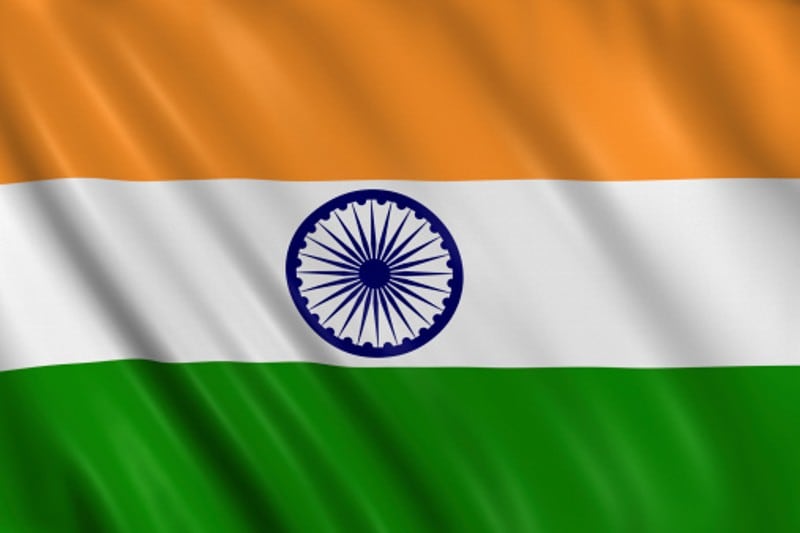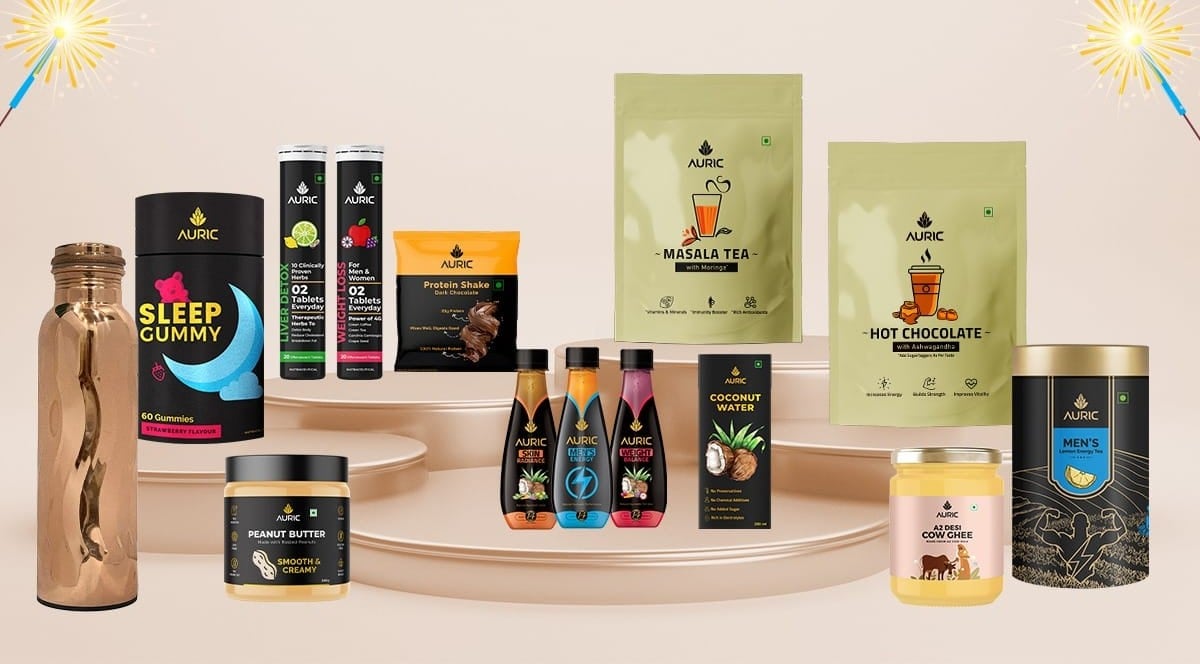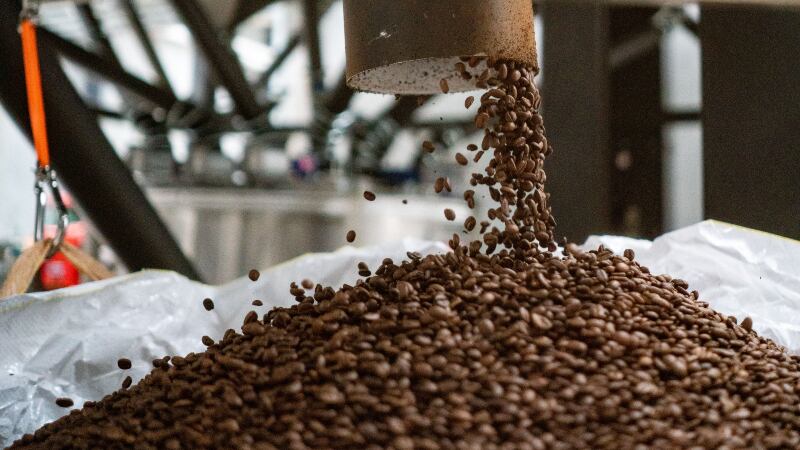Going bananas? Why Indian firm Beyond Snack believes banana chips can peel off potato market
Indian firm Beyond Snack has mapped out expansion plans both in the country and globally as part of an ambitious move to see banana chips outstrip sales of potato-based products.
According to Beyond Snack, the global banana chips market could be worth a minimum of US$10bn in the next five to eight years if industry players “do the game right”.
“At the moment, potato chips are still king in the savoury snacks category. But globally, we see that potato-chip sales are in the early stages of decline due to growing negative sentiment. People are on the lookout for alternatives to potato chips, and banana chips have great potential because they are considered to be healthier.
“Potato chips had transited from an unorganised to an organised sector many years ago. What we are working towards is to revolutionise the banana chips sector in a similar way, and turn it into one of the biggest savoury snack categories around the world,” Manas Madhu, founder of Beyond Snack, told FoodNavigator-Asia.
Boost-ing optimism: Unilever India confident in beverage nutrition potential despite setbacks
Hindustani Unilever Limited (HUL), the Indian arm of international FMCG giant Unilever, has stressed that its beverage-based nutrition or health food drinks (HFD) portfolio will remain a major area of focus for the business despite current setbacks caused by inflationary cost hikes.
HUL recently published its Q3 FY2033 financial results (for the quarter ending December 31 2022), announcing an overall 16% growth year-on-year to INR149bn (US$1.8bn) and 12% growth in profits to INR25.1bn (US$303.3mn).
In the HUL Earnings Call open to media attendance earlier this year, the firm’s leaders emphasised that the impacts are of inflationary challenges are still apparent although these have softened in some areas, but that HUL is maintaining a positive outlook based on recent recoveries.
“This year, the FMCG industry witnessed unprecedented inflation across a wide basket of commodities led by supply side issues [but] lately we have seen a few key commodities soften, such as palm oil [for which inflation has decreased by some] 30% compared to the same quarter in 2021,” HUL CEO and Managing Director Sanjiv Mehta told the floor.
Trans-fat reduction: Asian nations ‘gaining momentum’ with reformulation policies - WHO
Sri Lanka, Nepal, Bhutan, and Indonesia are making headways towards trans-fatty acids (TFA) elimination, but national policy is still lagging behind for South Korea, Brunei, and Fiji.
The findings were based upon the fourth annual report by the World Health Organization (WHO), which monitors the global progress in 2022 towards WHO’s global TFA elimination goal by 2023.
Globally, India and Philippines became the first two lower-middle income countries to pass a best-practice policy in 2021. Best-practice policy entails a national limit of 2g of industrially produced TFA per 100g of total fat in all foods, and a national ban on the production or use of partially hydrogenated oils (PHO) as an ingredient in all foods.
India’s policy was effective since January 2022, which will offer protection to approximately 1.4 billion people (41% of the population in lower-middle income countries).
Staple stipulations: How rice, oil and salt sectors are shaking-up innovation for APAC market growth
The rapid rise of health and sustainability trends in the Asia Pacific region has made its way into staple foods such as rice, edible oils and salts, with extensive new product innovation helping to propel growth, our exclusive in-depth report reveals.
In this edition of the FNA Deep Dive, we take a closer look at how firms within the staple foods market are tapping on these trends to create new products within the age-old sectors in order to keep up with consumer demands in APAC.
Rice is undoubtedly the most popular staple in the region, but in recent years its consumption has also been met with concern by consumers worried about diabetes and obesity.
‘Huge growth potential’: India’s ProV Foods seeks to combine affordability and health benefits to gain snack market share
Indian dried fruits and snack brand ProV foods says affordability is key for better-for-you brands to take a bigger slice of the country’s rapidly developing snack market.
India’s snacks industry is worth close to $8 billion, yet the healthy snacks segment makes up less than 10% of the overall market.
Headquartered in Mumbai, ProV Foods is one of the fastest-growing healthy snacks brands in the country, with more than 100 products across six sub brands that cater to varied consumer demands and purchasing power.





